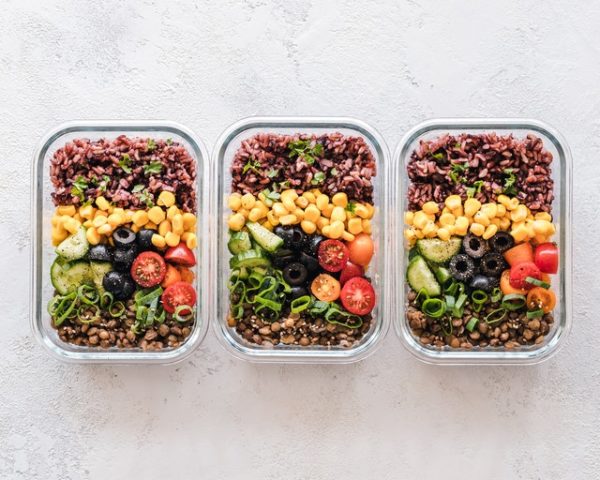Maintaining a healthy weight is important for our health and general wellbeing. If our weight is too high or too low for our body type, then it can be a good idea to alter our diet to help us to stay healthy.
The problem is that by its very nature, dieting involves spending a lot of time thinking about what we are, and are not, eating. If we’re not careful then being on a diet can lead to an unhealthy relationship with food.
Think About How You Talk About Food
For most kinds of diets there will be foods that we want to eat more of, and foods that we want to eat less of. Generally whole foods are full of the nutrients that our bodies need and processed foods are full of fats and sugars which aren’t so beneficial to us. It makes sense to want to eat more whole foods and less processed foods.
Where we need to be careful, is starting to call the foods we are trying to avoid ‘bad’ or ‘naughty.’ Foods are neutral, they are neither evil nor good. By calling a food bad, we are giving it unnecessary power and we are leading the way to thinking we are ‘bad’ when we eat them. This starts a cycle of shame and guilt that can lead to eating more processed foods for comfort or even eating too little for our health.
Make Time For Food Prep
If you’ve decided that you want to eat more of a certain type of food and less of another, then make this as easy as possible for yourself.
Be sure that you have lots of the things you want to eat on hand, and make the time to cook meals from scratch. Home-made meals will be much more nutritionally dense and lower in calories.
By batch cooking your meals for the week ahead of time, you won’t be tempted to reach for something quick and easy on those busy days.
Allow Yourself Treats
When embarking on a diet, most of us have a tendency to be pretty all or nothing about it. We know that chocolate is calorific, so we declare that we will never eat chocolate again.
Well, that’s just not possible. You will at some point eat some chocolate. A more constructive strategy is to decide on which occasions you will allow yourself to eat the foods that you are cutting back on. For example, if you are celebrating a birthday you could allow yourself some cake as it will allow you to feel part of the celebration – just don’t also take a slice home for later.
Start With Small Steps
If you overhaul your entire diet in one go, you will have to be very restrictive and hard on yourself in order to stick to it.
This can lead to negative ways of thinking which open you up to developing eating problems such as deliberately under eating or binging and purging. It’s important that you seek treatment for eating problems if they develop, as they can have hugely negative impacts on your physical and mental health.
Rather than being restrictive, try making one small change at a time. For example, you could set yourself the goal of doing one lot of batch cooking this week so that you know your evening meals will be healthier than usual. Then after you’ve stuck at that for a few weeks, you could try changing your afternoon snack to a healthier alternative. Making slow, manageable changes is much more sustainable than sudden huge changes all at once.
Try To Concentrate On Health Benefits Rather Than Weight Loss
When you are avoiding certain types of food, or starting a new exercise regimen, try to think about it in terms of the good you are doing yourself rather than solely on the weight loss.
For example if you eat less sugar you will be cutting your risk of cancer, improving your heart health, making your skin look better and helping your teeth to stay healthier! Lots of good, positive reasons to focus on rather than weight loss, which will promote a feeling of looking after yourself, rather than depriving yourself.





